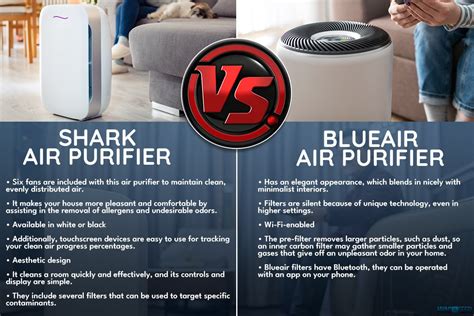Introduction
As air pollution becomes an increasingly pressing issue, HEPA air purifiers are gaining popularity as an effective way to improve indoor air quality. According to the Environmental Protection Agency (EPA), indoor air can be up to five times more polluted than outdoor air, and exposure to these pollutants can lead to a variety of health problems, including asthma, allergies, and respiratory infections.

HEPA air purifiers use a high-efficiency particulate air (HEPA) filter to remove harmful airborne particles from the air. HEPA filters are made of a dense network of fibers that trap particles as small as 0.3 microns, which is about the size of bacteria and viruses.
HEPA Air Purifiers vs. Other Air Purifiers
There are a variety of different types of air purifiers on the market, but HEPA air purifiers are generally considered to be the most effective. Other types of air purifiers, such as electrostatic precipitators and ionizers, can also remove harmful airborne particles, but they are not as efficient as HEPA filters.
HEPA air purifiers are also more expensive than other types of air purifiers. However, they are worth the investment if you are looking for the most effective way to improve indoor air quality.
Benefits of HEPA Air Purifiers
HEPA air purifiers offer a number of benefits, including:
- Improved indoor air quality: HEPA air purifiers can remove up to 99.97% of harmful airborne particles from the air, including dust, pollen, pet dander, and mold spores. This can significantly improve indoor air quality and reduce the risk of developing health problems.
- Reduced symptoms of asthma and allergies: HEPA air purifiers can help to reduce symptoms of asthma and allergies by removing allergens from the air. This can improve breathing and reduce the frequency and severity of asthma attacks and allergy flare-ups.
- Improved sleep: HEPA air purifiers can help to improve sleep by removing allergens and other irritants from the air. This can lead to a more restful night’s sleep and improved overall health.
- Reduced risk of respiratory infections: HEPA air purifiers can help to reduce the risk of developing respiratory infections by removing bacteria and viruses from the air. This is especially important for people with weakened immune systems or who are exposed to a lot of air pollution.
How to Choose a HEPA Air Purifier
When choosing a HEPA air purifier, there are several factors to consider, including:
- Room size: The size of the room will determine the size of the air purifier that you need.
- Air quality: The air quality in your home will also determine the type of air purifier that you need. If you have a lot of allergies or pets, you will need a more powerful air purifier.
- Features: Some HEPA air purifiers come with additional features, such as a timer, remote control, or air quality sensor. These features can make using an air purifier more convenient and effective.
Conclusion
HEPA air purifiers are an effective way to improve indoor air quality and reduce the risk of developing health problems. If you are looking for an air purifier, a HEPA air purifier is the best option.





















